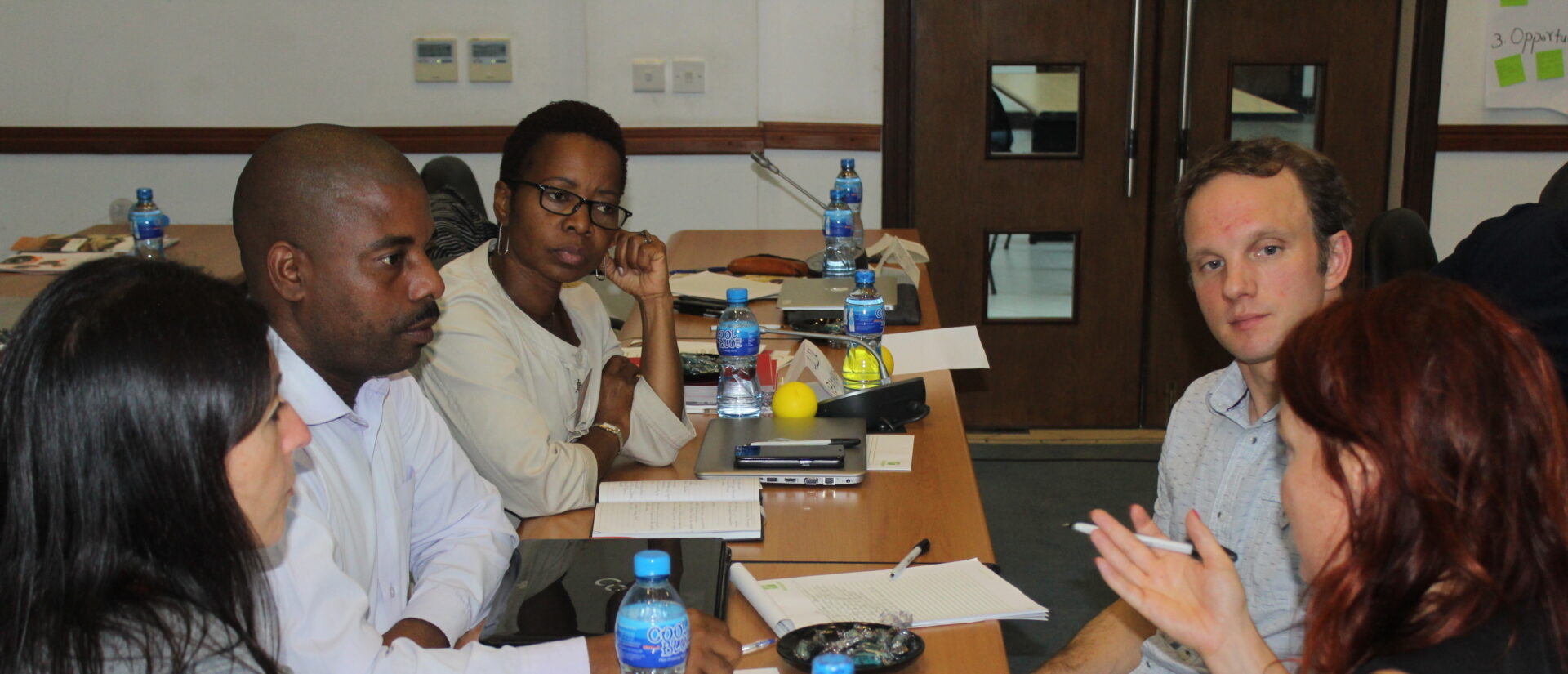
Addressing human rights impacts of business in Eastern and Southern Africa: current state of affairs and the way forward
In April of this year, SOMO co-organized a workshop in Dar Es Salaam (Tanzania) to share experiences and learning on addressing adverse impacts of business activities on communities and workers in Eastern and Southern Africa. The outcomes of this workshop are summarized in this document.
The two-day workshop brought together 56 participants from six countries in Eastern and Southern Africa: Kenya, Mozambique, South Africa, Tanzania, Uganda and Zambia.The participants represented a variety of institutions: civil society, non-governmental and inter-governmental organizations, national human rights institutions, and governments. Participants discussed the potential of different instruments and tools in preventing and improving access to remedy for adverse human rights impacts. These included global and regional normative developments such as national action plans on business and human rights (NAPs), the African Union’s draft Policy Framework on Business and Human Rights and the draft State Reporting Guidelines and Principles on Articles 21 and 24 of the African Charter.
The main conclusion of the workshop was that many communities continue to experience negative impacts of business activities across all sectors. Remedies, however, remain rare for a number of factors including lack of information on rights, responsibilities of business, and on available mechanisms, ineffective judicial systems, lack of independence of operational-level grievance mechanisms, lack of enforcement of decisions and so forth. But participants gained renewed energy and insights to address these challenges on the road ahead.
The workshop was part of the project “Implementing the United Nations Guiding Principles on Business and Human Rights in Sub-Saharan Africa”, implemented by SOMO, the Danish Institute for Human Rights (DIHR), the Kenya National Commission on Human Rights (KNCHR), Kenya Human Rights Commission (KHRC), Commission for Human Rights and Good Governance (CHRAGG) and Business and Human Rights Tanzania (BHRT).
The project is funded by the Bureau of Democracy, Human Rights and Labor of the US Department of State and implemented in Kenya and Tanzania. The workshop was co-funded by the Swedish International Development Cooperation Agency (SIDA)-funded project: “Responsible business for sustainable development – Implementation of the UN Guiding Principles on Business and Human Rights (UNGPs) in the 2030 Agenda” implemented by DIHR.
Do you need more information?
-

Joseph Wilde-Ramsing
Advocacy Director
Related news
-
 SOMO submits input for update of UN List on corporate involvement in Israeli settlementsPosted in category:NewsPublished on:
SOMO submits input for update of UN List on corporate involvement in Israeli settlementsPosted in category:NewsPublished on: -
Chain of consequences Published on:
 Joshua RosenzweigPosted in category:Publication
Joshua RosenzweigPosted in category:Publication Joshua Rosenzweig
Joshua Rosenzweig
-
Fuelling the flames in Gaza Published on:
 Lydia de LeeuwPosted in category:Publication
Lydia de LeeuwPosted in category:Publication Lydia de Leeuw
Lydia de Leeuw

